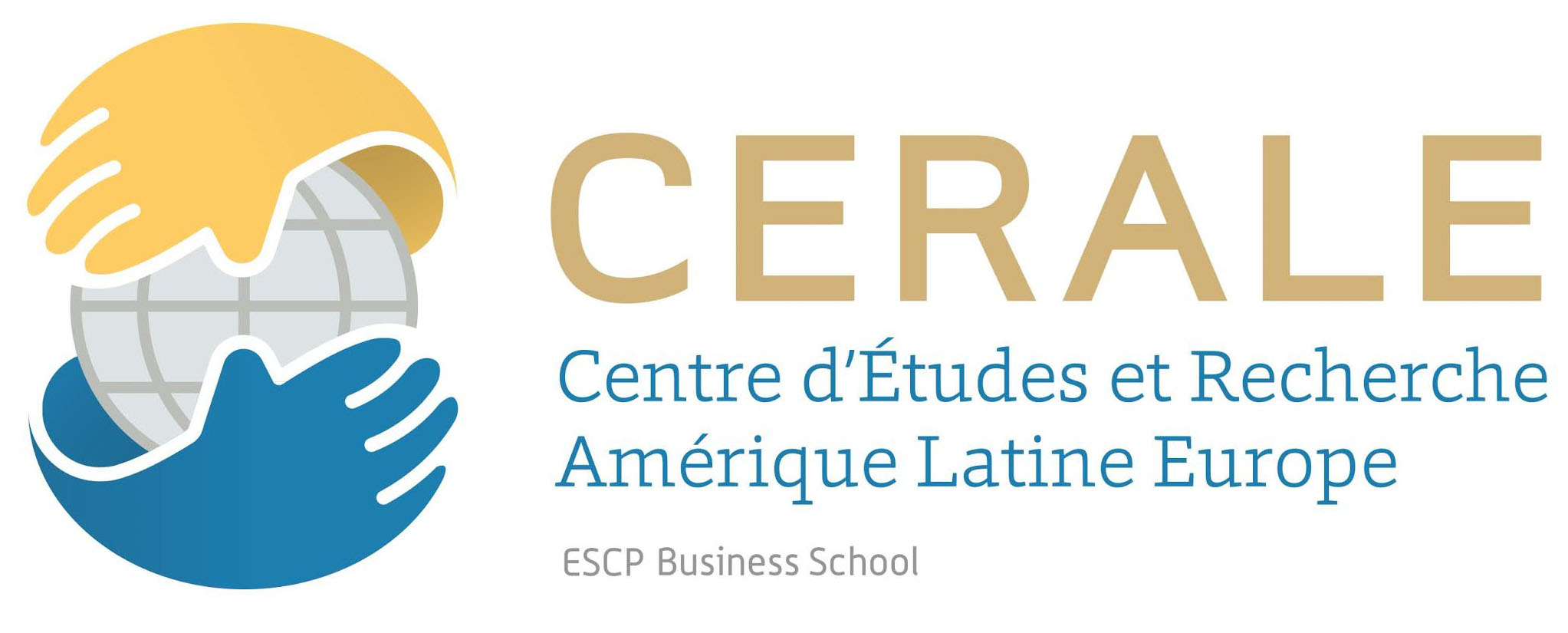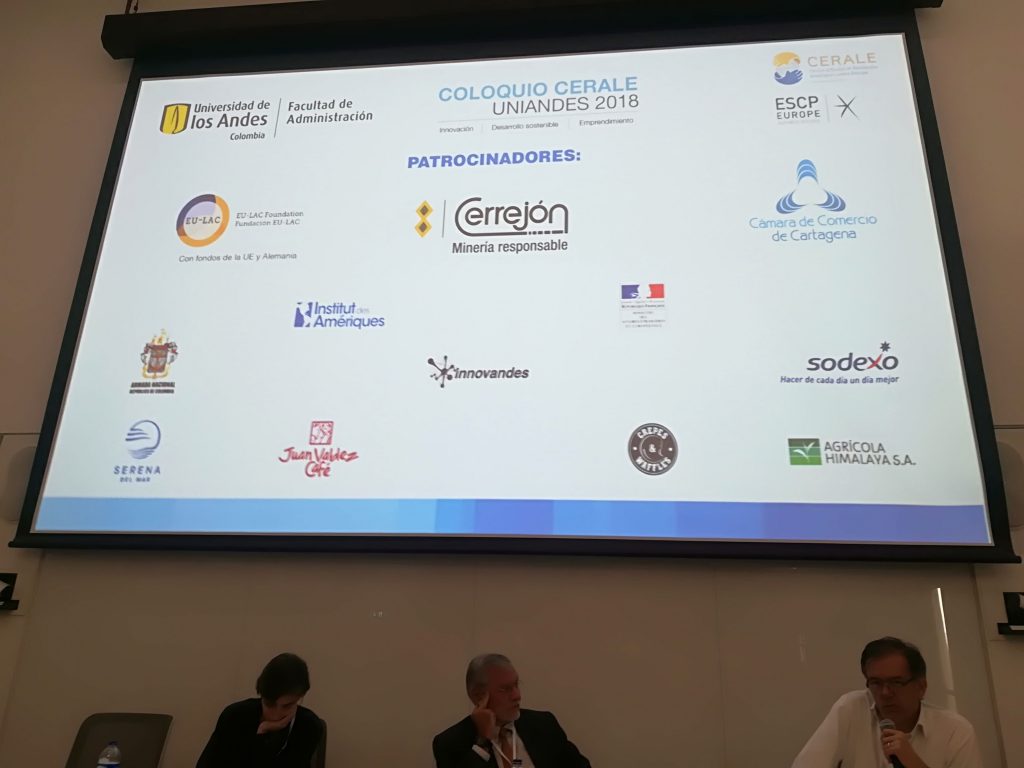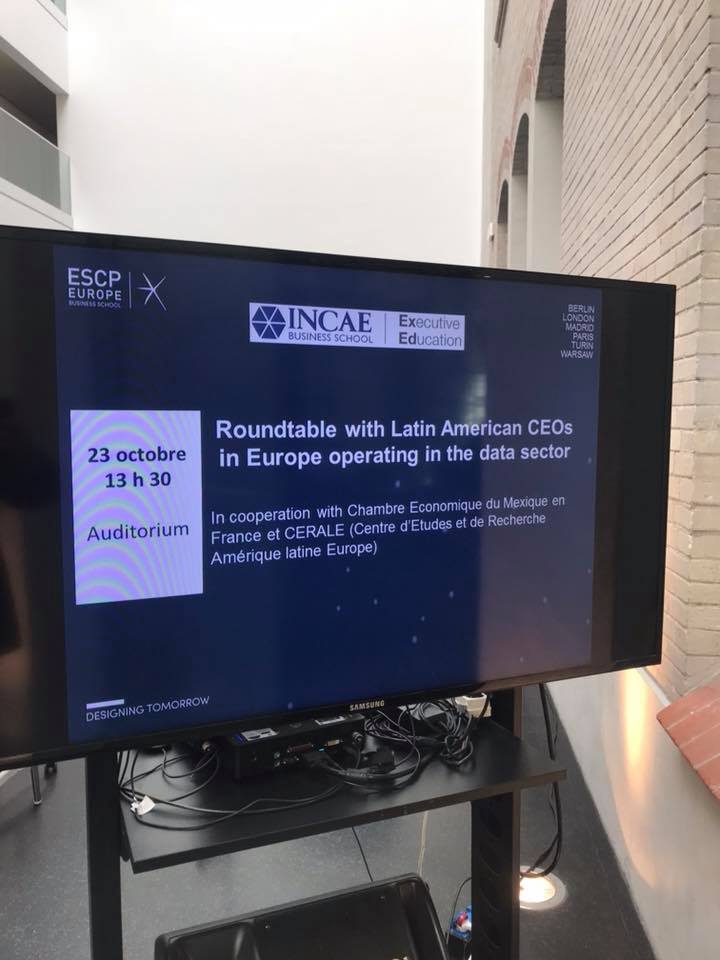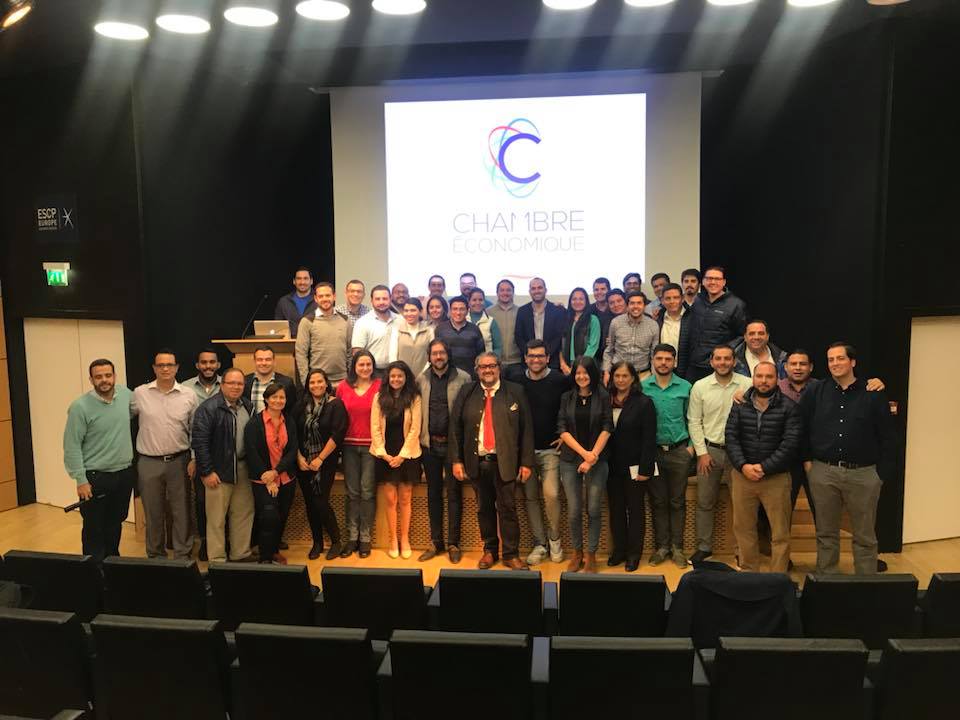Testimonio de Marcos Micheloni, graduado de la Universidad de San Andrés y del Master in Management de ESCP Europe
«Recuerdo que en las primeras clases del curso de Introducción a la Administración, el Doctor Jorge Walter nos introdujo el germen del programa de Doble Diploma con ESCP Europe. Como estudiante de primer año hice caso omiso pues todo parecía muy lejano. En tercer año la gran mayoría de mis compañeros empezaron a partir a Europa o Estados Unidos de intercambio, pero algo me decía que eso no era lo que yo debía hacer.
Tras una breve charla sobre el programa dada por la Doctora Florence Pinot, decidí encarar el desafío bajo la premisa de que en comparación a un intercambio dicho programa cuenta con varias ventajas. En primer lugar, es un programa que otorga un título, y no cualquier título sino uno muy fuerte en Europa. En segundo lugar, te alienta/empuja a aprender francés. Y por último, es bastante más largo, y a quienes nos gusta viajar desde luego eso nos tienta.
La experiencia fue hermosa, conocí gente de todo el mundo y siempre me sentí muy apoyado por la institución. Vivir en un país desconocido es muy difícil al principio y desde ESCP me sentí muy contenido. El formato del programa es similar al de UdeSA pero aun más hands-on, MUY práctico.
Hoy en día me encuentro viviendo y trabajando en Bélgica, cosa que sería bastante impracticable de no contar con el título Master in Management de ESCP Europe. La realidad es que hay mucho trabajo en Europa pero si los empleadores no conocen tu formación, no te contratan. Un diploma como el de ESCP Europe te abre muchísimas puertas y te pone en los primeros lugares de la lista de los reclutadores. Incluso desde Argentina, en tan sólo un mes recibí ofertas desde el UK, Francia y Bélgica.
A todos aquellos que tengan la intención o la inquietud de vivir y estudiar afuera, ni lo duden!





